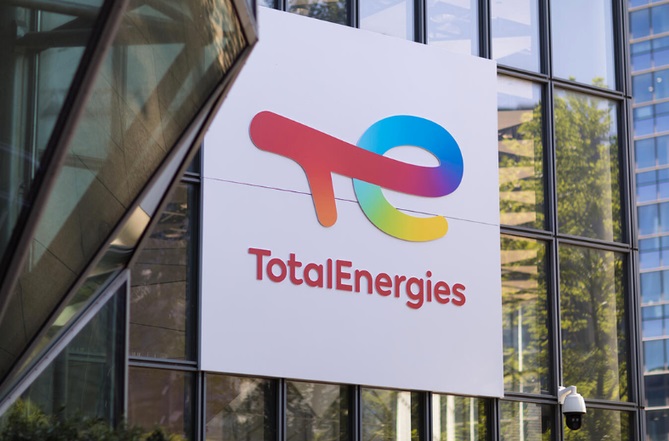TotalEnergies Invests $444 Million in Solar Energy JV with Adani Green Energy to Boost India’s Renewable Capacity
TotalEnergies, the French energy conglomerate, has announced a significant investment in India’s renewable energy sector through a new joint venture (JV) with Adani Green Energy Limited (AGEL). This strategic partnership will see TotalEnergies contributing $444 million in equity towards the development of a solar energy portfolio exceeding 1 gigawatt (GW), marking a substantial step in India’s journey towards achieving its ambitious clean energy goals.
Expanding India’s Renewable Energy Footprint
India has set an ambitious target to reach 500 GW of installed renewable energy capacity by 2030, part of a broader commitment to reduce carbon emissions and transition towards a more sustainable energy mix. The country aims to cut emissions intensity by 45% and ensure that approximately 50% of its electric power is generated from non-fossil-based sources by the end of the decade. This new JV between TotalEnergies and Adani Green Energy is poised to play a pivotal role in this transition, contributing significantly to India’s expanding renewable energy landscape.
The Khavda Solar Project
Central to this new JV is the Khavda solar project in Gujarat, India. Adani Green Energy will contribute a solar portfolio with a capacity of 1,150 MWac (1,575 MWp) to the JV, enhancing India’s solar energy infrastructure. The Khavda region is currently the site of the world’s largest renewable energy project, where Adani Green Energy is developing a massive renewable energy complex. This complex, sprawling over more than 538 square kilometers, is expected to generate up to 30 GW of combined wind and solar power.
The electricity generated by the solar projects within this JV will be sold through Power Purchase Agreements (PPAs) with a federal government agency, as well as on the wholesale market. This approach ensures a stable and consistent revenue stream while supporting India’s broader energy needs.
Strengthening a Strategic Partnership
The new joint venture is the latest chapter in a growing relationship between TotalEnergies and Adani Green Energy. This collaboration dates back to 2020, when the two companies established their first joint venture focused on operating 3 GW of solar power. In 2021, TotalEnergies acquired a 20% stake in AGEL, further solidifying its commitment to India’s renewable energy sector. The partnership expanded further in 2022 when TotalEnergies took a 25% stake in Adani New Industries Ltd (ANIL), a company dedicated to green hydrogen production, reflecting the partners’ shared vision for sustainable energy development.
This latest investment by TotalEnergies in the new JV underscores the company’s strategic intent to capitalize on the liberalization of India’s electricity market. By expanding its footprint in one of the world’s fastest-growing renewable energy markets, TotalEnergies is positioning itself at the forefront of the global energy transition.
Supporting India’s Clean Energy Transition
As India pushes forward with its clean energy initiatives, partnerships like the one between TotalEnergies and Adani Green Energy are crucial for meeting the country’s renewable energy targets. The creation of this new JV aligns with India’s broader climate goals and highlights the growing importance of international collaboration in the fight against climate change.
With this substantial investment, TotalEnergies not only strengthens its presence in India’s energy sector but also contributes to the global shift towards more sustainable energy practices. The Khavda solar project, backed by this JV, will play a key role in driving India’s renewable energy capacity forward, supporting the country’s ambitions to become a global leader in clean energy production.
In conclusion, the $444 million investment by TotalEnergies in this joint venture with Adani Green Energy is a significant milestone in India’s renewable energy journey. This partnership not only boosts India’s solar capacity but also reflects the strategic importance of collaboration between international and domestic energy players in achieving global sustainability goals.




